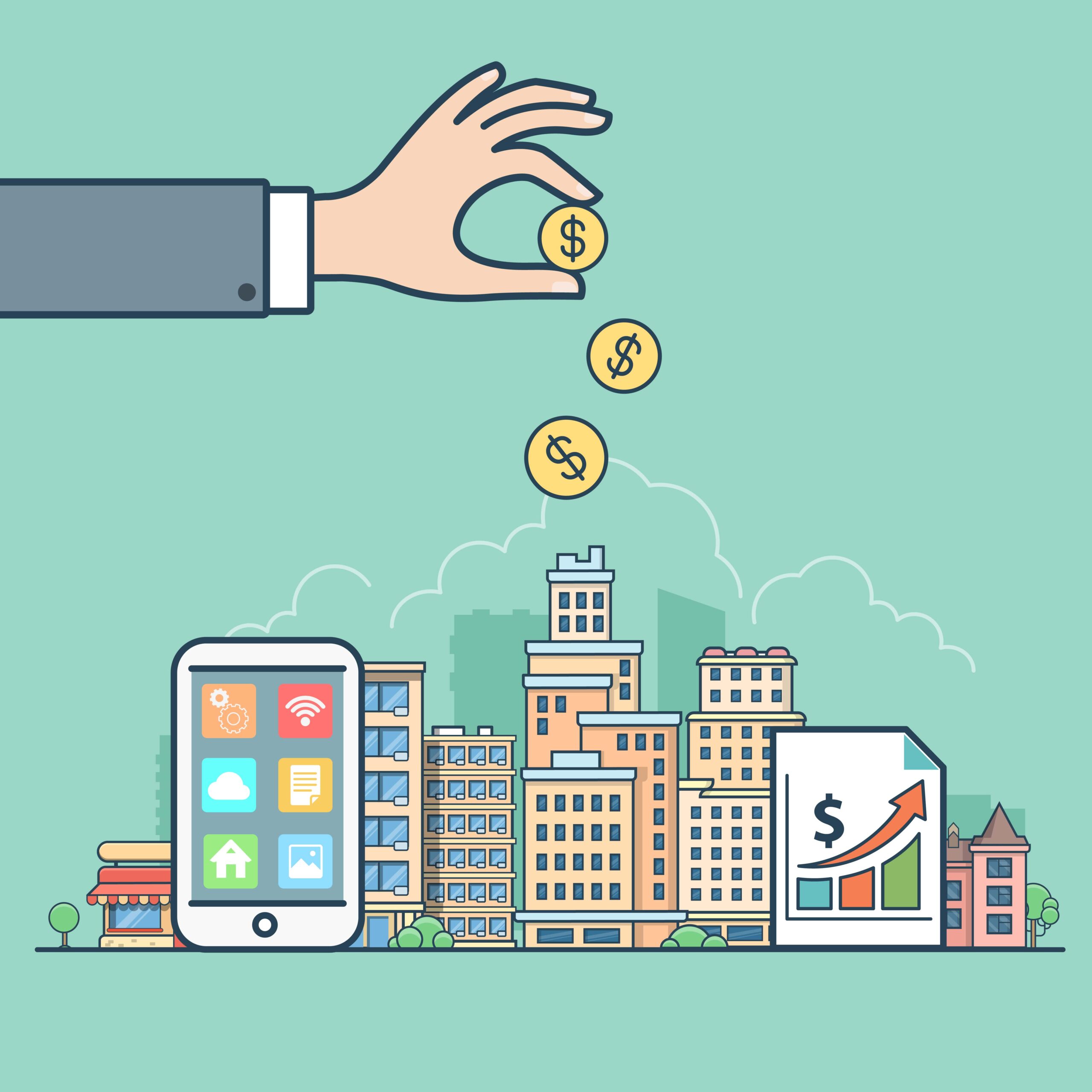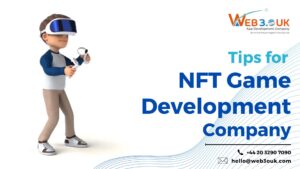In today’s fast-paced digital world, technological advancements have revolutionized various industries, including real estate. One such groundbreaking innovation is real estate tokenization. This process involves converting real estate assets into digital tokens that can be bought, sold, and traded on blockchain platforms. Real estate tokenization has the potential to transform the traditional real estate market by making it more accessible, efficient, and secure. In this article, we will explore the concept of real estate tokenization and its significant impact on the industry.
What is Real Estate Tokenization?
Real estate tokenization is the process of converting a real estate asset, such as a property or a group of properties, into digital tokens on a blockchain. These tokens represent ownership shares in the underlying asset and can be fractionally divided. Each token is backed by a portion of the real estate asset’s value, providing investors with the opportunity to own a fractional interest in high-value properties that were previously inaccessible.
How Does Real Estate Tokenization Work?
The process of real estate tokenization typically involves several steps. First, a real estate asset is selected for tokenization. This could be a residential property, commercial building, or even a portfolio of properties. Next, a tokenization platform is chosen, which utilizes Blockchain Technology to create and manage the tokens. The asset’s ownership rights and other relevant information are then encoded into smart contracts on the blockchain. Finally, the tokens are offered to investors through an initial token offering (ITO) or security token offering (STO), providing them with the opportunity to purchase fractional ownership.
Benefits of Real Estate Tokenization
Real estate tokenization offers a multitude of benefits for various stakeholders, including investors, property owners, and the real estate market as a whole. Some key advantages include:
Liquidity:
By tokenizing real estate assets, investors gain access to a more liquid market. They can buy or sell tokens easily and quickly, eliminating the need for lengthy and complex traditional real estate transactions.
Fractional Ownership:
Real estate tokenization enables fractional ownership, allowing investors to own a portion of a property rather than the entire asset. This opens up investment opportunities to a wider range of individuals with varying budget sizes.
Global Access:
Blockchain technology facilitates borderless transactions, attracting a global pool of investors. Real estate tokenization allows investors from different parts of the world to participate in the market, increasing liquidity and diversification.
Transparency and Security:
Blockchain provides a transparent and secure ledger where all transactions and ownership details are recorded. This eliminates fraudulent practices and enhances the overall trust in the real estate market.
Lower Entry Barriers:
Real estate tokenization reduces the traditional barriers to entry for investors. Fractional ownership and lower investment thresholds make real estate investment more accessible to individuals who may not have sufficient capital for full property ownership.
Efficiency and Cost Savings:
Tokenization streamlines the process of buying, selling, and managing real estate assets. It eliminates intermediaries, reduces administrative costs, and automates tasks through smart contracts, resulting in increased efficiency and cost savings.
Use Cases and Potential Impact
Investment Opportunities
Real estate tokenization opens up new investment opportunities for both retail and institutional investors. Previously illiquid assets, such as commercial properties or high-end residential real estate, can now be easily traded in fractional shares. This allows investors to diversify their portfolios and gain exposure to a broader range of assets. Additionally, tokenization enables the creation of real estate investment trusts (REITs) on blockchain platforms, providing investors with the benefits of real estate ownership without the complexities of traditional property management.
Property Financing and Crowdfunding
Tokenization also revolutionizes property financing and crowdfunding. Developers can tokenize their real estate projects and offer tokens to investors, raising funds more efficiently than through traditional financing methods. This democratizes access to property investments, as individuals can participate in the financing of real estate projects with lower investment amounts. Moreover, tokenization enables investors to receive rental income or dividends from their tokenized real estate investments in a seamless and transparent manner.
Fractional Ownership and Enhanced Liquidity
Real estate tokenization facilitates fractional ownership, allowing investors to purchase small fractions of high-value properties. This enables diversification and reduces risk by investing in multiple properties across different locations. Furthermore, the increased liquidity of tokenized real estate assets enables investors to exit their positions more easily, providing them with the flexibility to adapt to changing market conditions.
Regulatory Considerations and Challenges
While real estate tokenization offers numerous advantages, it also comes with regulatory considerations and challenges. Different jurisdictions have varying regulations surrounding securities and real estate investments, which may impact the tokenization process. Additionally, ensuring compliance with anti-money laundering (AML) and know-your-customer (KYC) regulations is crucial for tokenized real estate platforms to maintain trust and legitimacy.
Conclusion
Real estate tokenization is revolutionizing the traditional real estate market by bringing increased liquidity, fractional ownership, and global accessibility. This innovative technology provides a range of benefits for investors, property owners, and the overall real estate industry. By leveraging blockchain technology, real estate tokenization enhances transparency, security, and efficiency in property transactions. As this disruptive trend continues to gain momentum, it is essential for industry players, regulators, and investors to understand and embrace the transformative potential of real estate tokenization.
Frequently Asked Questions (FAQs)
Q1: What is the difference between real estate tokenization and traditional real estate investments?
Ans: Real estate tokenization allows for fractional ownership and enables investors to buy and sell smaller portions of real estate assets. It also provides increased liquidity, transparency, and accessibility to a broader investor base compared to traditional real estate investments.
Q2: Are real estate tokens backed by physical properties?
Ans: Yes, real estate tokens are backed by physical properties. Each token represents a fraction of ownership in the underlying property, and the value of the tokens is linked to the value of the real estate asset.
Q3: Can anyone invest in real estate tokens?
Ans: Real estate tokenization opens up investment opportunities to a wider audience. However, certain jurisdictions may impose restrictions on who can invest in these tokens. It’s important to comply with local securities regulations and consult with legal professionals before investing.
Q4: How does real estate tokenization benefit property owners?
Ans: Real estate tokenization provides property owners with access to a larger pool of potential investors. It increases the liquidity of their properties, allows for fractional ownership, and simplifies the investment process. Property owners can unlock the value of their assets by tokenizing them and offering tokens to investors.
Q5: Are there any risks associated with real estate tokenization?
Ans: As with any investment, real estate tokenization carries certain risks. The value of real estate tokens may fluctuate, and there may be regulatory and legal risks involved. It’s important for investors to conduct thorough due diligence, assess the underlying assets, and understand the risks before investing.









